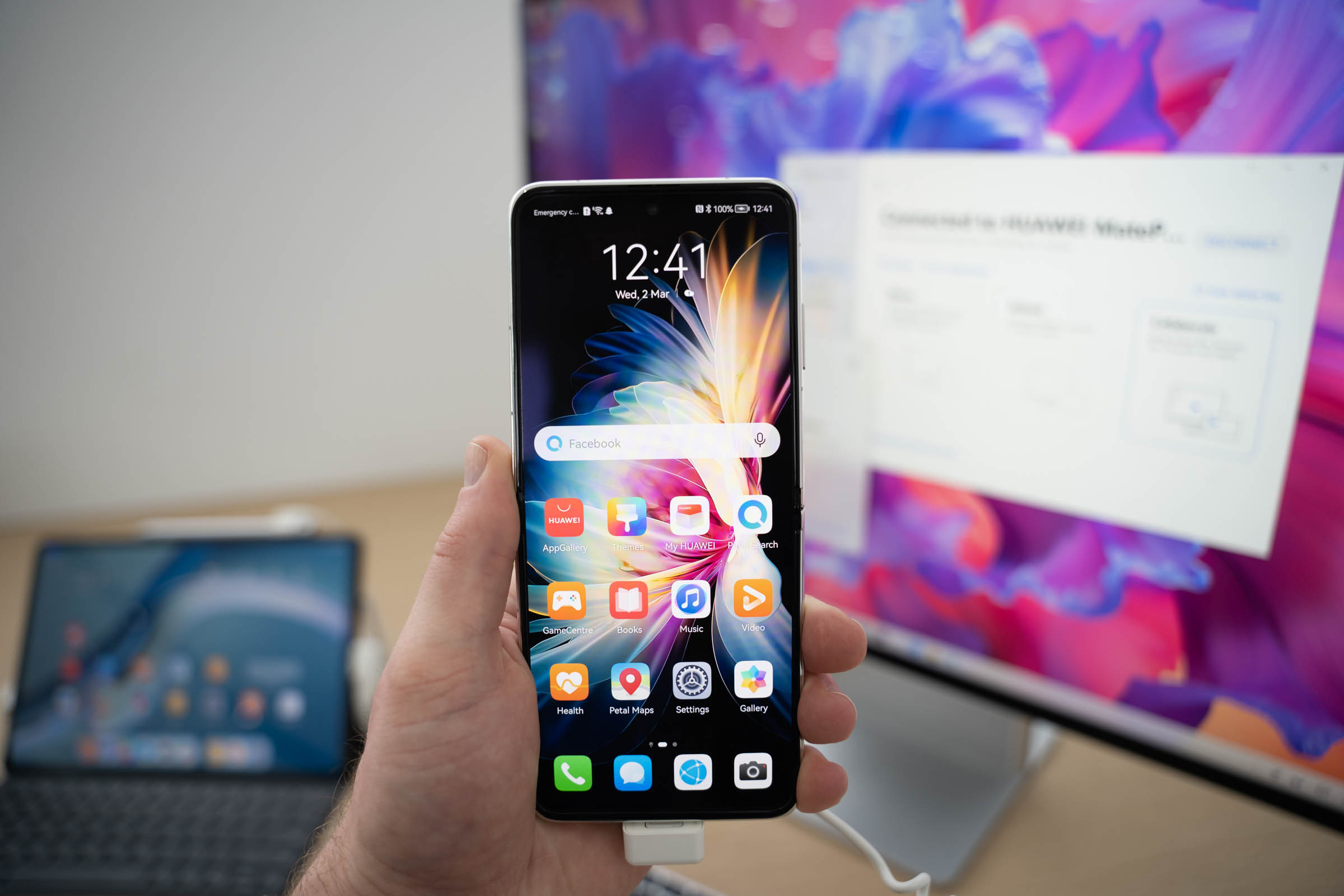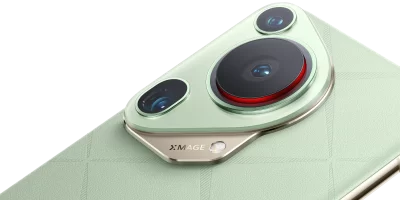Huawei is not in the best position right now. The impact of being placed on the US Entity List had huge consequences. Prior to being placed on the list, Huawei was pretty much on the road to dominating the smartphone market.
The company was initially known for its budget-friendly devices, but over the years, it started to produce more premium handsets with hardware and software features that could challenge the likes of Apple and Samsung, but following the ban, Huawei quickly started to lose its relevance in a lot of markets.
This begs the question, could Huawei one day regain its dominance and reclaim the crown that it held onto so briefly?
How is Huawei faring around the world?
It should not come as a surprise to learn that Huawei is the most dominant in China, where they have a market share of about 32%, roughly a third of the market.
China has a massive population that cannot be ignored, but that might not necessarily be enough to sustain the company unless they plan on only being a domestic player. Taking a look at the global markets, Huawei accounts for only 5.25%, while its local competitors like Xiaomi and Oppo are faring much better, with Xiaomi taking third place behind the likes of Samsung and Apple.
This isn’t to say that Huawei isn’t doing well outside of China. There are markets where they hold a much more substantial market share, like Africa and Malaysia where they have more than 10% of the market share.
Homegrown solutions
One of the main reasons why Huawei was so impacted by the ban is because a lot of the tech they used relied on technology made in the US or by non-US companies that used patents that originated from the US. This essentially robbed Huawei of both hardware and software features that allowed them to remain competitive.
On the hardware front, it made it more difficult for Huawei to build their own chipsets and to utilize 5G modems, and on the software front, the most obvious would be the lack of access to Google’s services, which is one of the selling points of most Android phones sold outside of China.
This isn’t to say that Huawei isn’t doing something about it. Most recently, we heard that Huawei was planning on building their own chip manufacturing plant, but the problem with that is that building these machines requires thousands of components and are incredibly complex. Not to mention, Dutch company ASML is pretty much the only company in the world that can build these machines, and given the politics of the situation, they may or may not sell to Huawei/China.
While Huawei is said to be finding a workaround, it could be years before Huawei’s own machines are up and running and can mass produce these chipsets.
As for software, Huawei has already created its own alternative to Android in the form of Harmony OS. At the moment, Harmony OS is said to account for about 4% of the smartphone platform market share in China, which pales in comparison to other platforms like iOS and Android.
There is potential for growth in China because Android in China could never access Google’s services to begin with, so switching to Harmony OS might not be as big of a change. It could also appeal to users who might be concerned about Google knowing too much about them, as well as countries that are allied with China and want less US presence in their lives.
Potential recourse
At the moment, the hold that both iOS and Android have on the smartphone market is really too tough to break and it really does not feel like Huawei’s Harmony OS has what it takes to catch up.
But this doesn’t mean that Huawei is “doomed”. There could be other ways that Huawei could still make an impact in the tech market. The company could choose to start focusing more on other devices like wearables, where users might be less particular about which platform it uses as long as it gets the job done.
They could also focus more on computing products. The company’s Matebook series of laptops have been pretty well-received over the years, so maybe a shift towards focusing on consumer based computers could be another market they can break into.
Another possible scenario could be where Huawei adopts a strategy similar to other companies like Sony and LG. Both Sony and LG were initially known for their smartphones, but over the years, both companies have pulled back considerably, with LG essentially exiting the market entirely.
Instead, both Sony and LG now focus on producing components used by other handset manufacturers like camera sensors, memory, and displays. That might be another potential prospect for Huawei, especially if they get their own chip foundry up and running where they could start producing chipsets for phone makers and maybe even compete against the likes of TSMC.
Conclusion
At the moment, it feels like the deck is simply too stacked at the moment for Huawei to make a comeback in the near future. There are simply too many political and technological hurdles for them to clear before they can make any kind of meaningful impact.
But in the long-term, we don’t see why not. At the rate Harmony OS is growing, there is a possibility that it could end up being heavily favored in countries that are more Huawei “friendly”, especially if they can create an ecosystem as big as iOS and Android.
Huawei’s plans for their own chip foundry is also something we see as being a good investment for the long run, where in the future, handset makers who are not willing to pay the prices of TSMC could view Huawei as an alternative, so maybe Huawei could dominate again one day, but perhaps in a different kind of way.









Comments